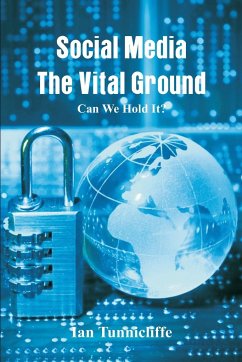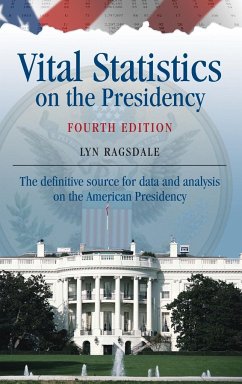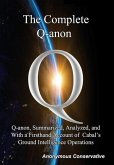This Letort Paper seeks to answer some specific questions on how the U.S. Army, and by extension its allies, can best leverage social media, particularly on operations. Are they a viable and effective messaging conduit? Have they changed the information operations (IO) landscape? Does the United States have the correct force structure, training, equipment, and technology to leverage social media? Finally, how can we train our leaders to better understand and use social media? The impact of social media on the media environment has been widely recognized, as has the ability of extremist and adversarial organizations to exploit the media to publicize their cause, spread their propaganda, and recruit vulnerable individuals. Supporting the growth of social media has been the phenomenal global increase in mobile telephone usage, and much of this increase is in areas where there are existing conflicts or conflicts are highly likely. However, the full implications of the mobile and social media revolution are not yet fully understood. Social media will increasingly have a direct impact on virtually all aspects of military operations in the 21st century. In doing so, social media will force significant changes to policy, doctrine, force structures, and virtually all staff functions within operational units. New training requirements and new approaches to traditional operational challenges will be required. All this will require a wider understanding of social media and the realization that it is no longer an area simply of concern to public affairs officers (PAO) and possibly intelligence (INT).
Hinweis: Dieser Artikel kann nur an eine deutsche Lieferadresse ausgeliefert werden.
Hinweis: Dieser Artikel kann nur an eine deutsche Lieferadresse ausgeliefert werden.








